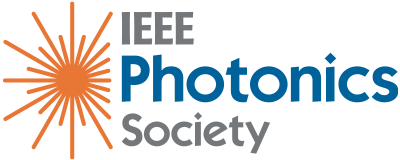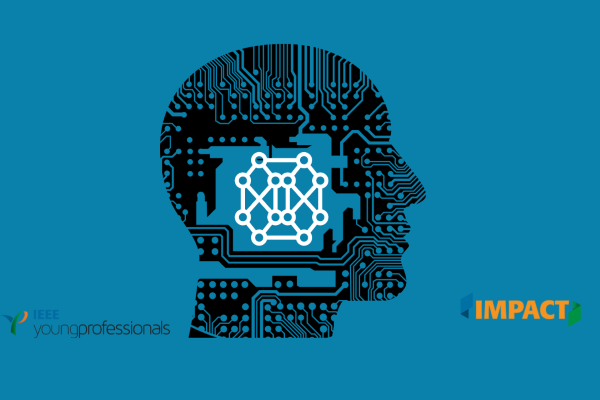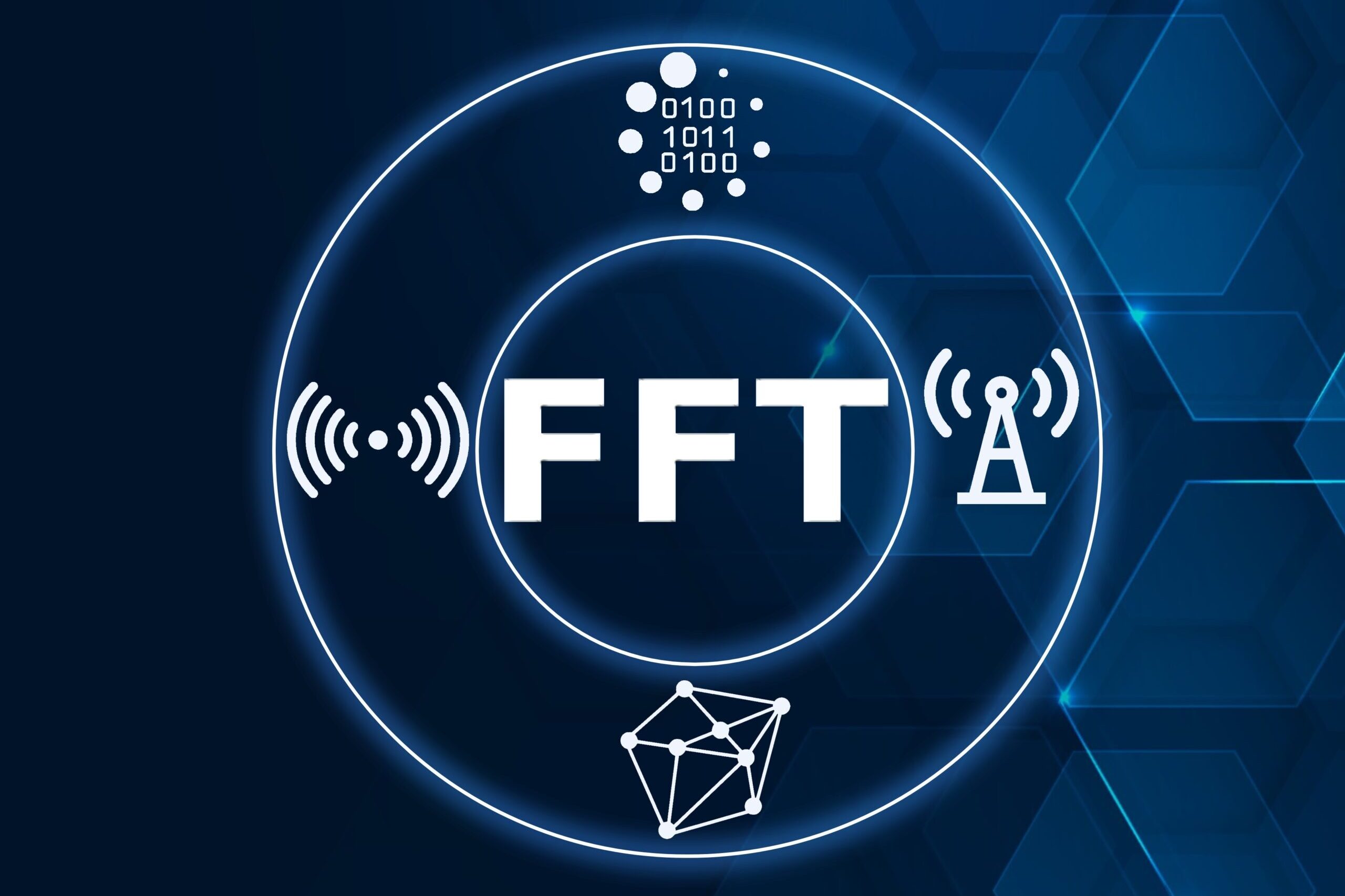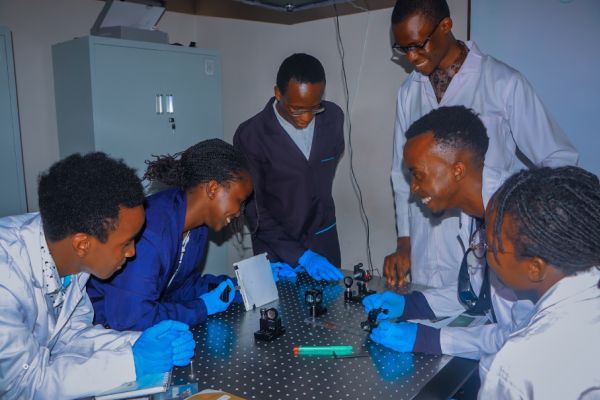Q&A Session with Dr. Valentina Bello, Assistant Professor, Laboratory of ElectroOptics, Università di Pavia, Italy (https://labeo.unipv.it/wordpress/)
By Dr. Amol Delmade – YP Editor for IEEE Photonics Society Newsletter
What has been your career history up to this point and how did you get to where you are today?
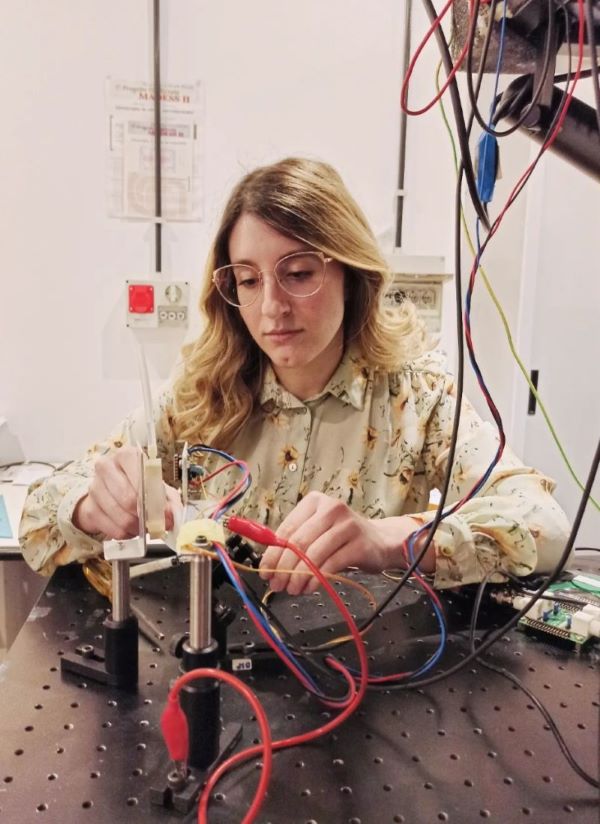
I was born and brought up in the beautiful Tortona town in Italy. I completed my school education there and then moved to Pavia (a city south of Milan) to pursue a bachelor’s degree in Bioengineering at the University of Pavia. I developed an interest in Optoelectronics, Photonics and especially Biophotonics during the final year’s project work. I decided to continue exploring the field of Photonics with a master’s program in electronic engineering at the University of Pavia. I received a scholarship from the Erasmus program for it and got a chance to spend six months at KU Leuven in Belgium doing research for my thesis on self-referencing fiber-optic biosensors based on Surface Plasmon Resonance (SPR). I received my master’s degree with honors certification for excellent work.
My fascination for exploring Photonics technologies and the potential of Biophotonics to transform the biomedical field led me to continue research in the field with a Ph.D. in 2018. My research, at the Laboratory of ElectroOptics in the University de Pavia Italy, focused on the development of “Smart Micro-Optic-Fluidic Sensing platforms for Contactless Chemical and Biological Analysis” under the supervision of Prof. Sabina Merlo. I was lucky enough to get an opportunity to spend six months at Boston University, USA in 2019 before the pandemic. The IEEE Photonics Society Italy Chapter recognized my research excellence by awarding the “2022 Best Doctoral Thesis Award in the field of Applied Photonics”. I was also one of the “2021 Graduate Student Fellowship” awardees by the IEEE Photonics Society. I continued to expand my knowledge about Biophotonics as a Postdoctoral researcher at the University de Pavia.
What fascinates you about Photonics and Biophotonics to pursue research in the field?
In school, I mostly learned about mathematics and traditional physics but not much about photonics. In fact, my bachelor’s degree was in Bioengineering as I was more interested in Biomedical applications. As a part of the bachelor curriculum, I learned about Photonics and got fascinated by the possibility of using light for tonnes of applications. My mind was blown away just by thinking how fiber optics cables laid under oceans and across the cities transmit our video calls and information from one end of the globe to the other. Immediately after that, I started exploring the Photonics field and the possibility of combining it with the Biomedical world and haven’t looked otherways since then. The infinite possibilities to combine these two fields for the development of cutting-edge technologies and instruments motivated me to take it as my primary research field.
Tell us about your current research and what are its real-world applications.
Currently, I’m working on “Speckle Pattern Imaging” for the analysis and fine distinction of different types of turbid fluids containing particles in suspension. Traditionally this method is used for the analysis of solid materials and characterization of surface roughness or imperfections in the fabrication process, however, in the last few years, its scope has been expanded for fluid/liquid analysis. We are especially focusing on developing an innovative system to analyze and distinguish different types of animal and plant-based milk and to identify dairy adulteration. There is a big problem of milk adulteration in some parts of Africa, South Asia and Europe – causing health issues and constituting an illegal food fraud for millions of consumers. In our technique, a laser light is shined on the milk sample and the diffused light speckle pattern is recorded first to perform analysis in order to determine the adulteration. Findings from our initial experiments were just published in the IEEE Transactions on Instrumentation & Measurement journal.
How was your experience during the Ph.D. research?
My Ph.D. experience was great as I had a really great support team. My supervisor, Prof. Sabina Marlo, pushed me to understand the basic concepts and stay up-to-date with the research from other groups. She was very accessible and helped me to overcome research difficulties. Prof. Marlo gave me an opportunity to work on multiple projects, which helped me to explore different research topics. Another amazing aspect of my Ph.D. journey was time spent, with fellow Ph.D. researchers within our school, during lunch hours. I met most of the engineering Ph.D. scholars at our university during lunch hour networking. We also organized multiple social and Ph.D. get-together events through IEEE Student Branch (SB), for which I’m volunteering as Chairperson. These networking events helped me to understand allied research areas and meet many Ph.D. students and young researchers.
Have you attended any conferences until now and how was your experience?
I was not lucky in regards to attending in-person international conferences during my Ph.D. due to COVID. My Ph.D. journey started in 2018 and then I spent 6 months in the US as a visiting researcher until August 2019. After I came back, the pandemic hit Italy by the end of February 2020 ceasing travel. I attended a few online conferences during this time and also took part in a few in-person national conferences and gatherings. It was a really nice experience to meet other researchers and professors working in the field of Electrical and Optical Measurements within Italy. In fact, we started a collaboration with one research group after our interaction at one of the national conferences. Recently, we received funding from the Italian agency for a collaborative project with this group. We will be combining the Speckle Pattern Analysis technique with Artificial Intelligence expertise for better and quick identification of milk adulteration.
I attended CLEO Europe 2023 conference in June in Munich (Germany) and it was a blast! It was my first in-person big international conference experience. I meet many expert people working on Photonics from the world of academia and industry. I believe that it is important to network and connect with people in order to start scientific collaboration. If you can’t interact with other human beings freely then it is difficult to start a joint scientific work.
Outside of your main research, do you have other activities in the photonics community (e.g., volunteer work, board membership, etc.)?
Unfortunately, I couldn’t do any photonics-related in-person volunteering or outreach activities as the major time of my Ph.D. coincided with the COVID pandemic. But I managed to organize multiple online talks with international expert speakers for the IEEE SB. Luckily, when the COVID situation started getting better, I was also able to organize some networking events, such as the “Poster Week” event and the “Ph.D. Spring Get 2gether”, for engineering Ph.D. researchers with IEEE SB of our university. Prior to that in 2018, I founded the Women in Engineering (WiE) chapter of IEEE SB at the University of Pavia when I was a master’s student. I organized a few events through this WiE chapter but sometimes it gets difficult as there are very few women in science and especially studying photonics at our university. I’m fortunate enough to be a part of a research group led by a female professor and my fellow Ph.D. colleague is also a female candidate. But, I think this is a rare example and there are not many female photonics scientists in our university.
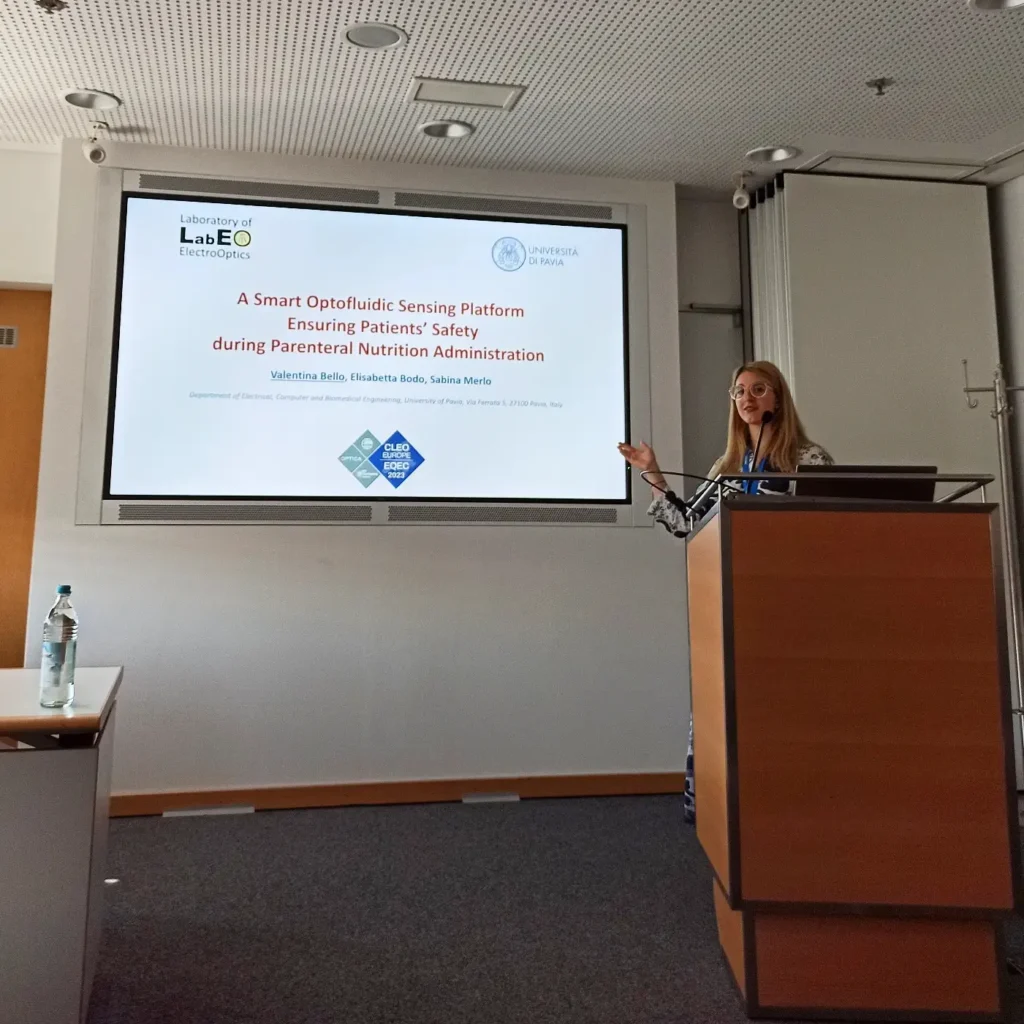
What are your ultimate career goals/what drives you in your work?
I really like academia, doing research, training students, writing papers and proposals and that is what I want to do in the long term. There are so many things a researcher needs to do and that excites me without getting bored. In my opinion, the best part of a research job is that every day I get to learn something new. And the more I learn, the more I understand that I have to learn more and it’s very stimulating for me. I can achieve this by being in academia. Recently, I received confirmation that I have been selected as an Assistant Professor at the University of Pavia: I am really proud and happy about it, but I know it is only the first step of a long path I truly want to walk. I will be starting my tenure from the start of August 2023. I like teaching as well and transmitting my passion for photonics and engineering to students. For the last two years, I’m lecturing for a practical class on Biophotonics where I teach students how to use various optical components and lab equipment. I also taught a one-week course to Ph.D. students of the EIPHI Graduate School of the UBFC (Université Bourgogne-Franche-Comté) in France as a visiting lecturer and have tutored several bachelor’s and master’s students during my Ph.D. at the University of Pavia.
You mentioned that you like writing papers. Can you give some advice to early-stage researchers about how to approach paper writing?
In scientific papers, it is important to be clear so that other people understand your work. In the beginning, it’s hard to write everything in the appropriate scientific language, but always keep in mind the larger goal which is to explain your research and make it understandable to a wide range of audience. Don’t worry about getting every sentence and entire paper perfect in the first go. Take the help of your supervisor and co-authors to understand the scientific paper writing process. In the beginning, my supervisor corrected multiple drafts of my paper and explained the good and not-so-good parts of my writing process. You should not get scared about writing the papers. It might take a month or two to write your first journal paper but after multiple trials, it becomes easy and natural.
What fraction of your time is spent on technical versus non-technical activities?
Teaching and lecture preparation takes a lot of time. I delivered a week-long course in France as a visiting lecturer. It was my first experience teaching a full course. At the same time, I was also writing a grant proposal. Managing time between lecture preparation and grant writing while being in a different country was tough for me, but it has been very good training for what will come next.
What personal trait of yours do you feel has been most influential in making for a successful career?
I think my curiosity, commitment, will for trying new things and active networking with peers have helped me a lot. Also, I was lucky enough to always have very good teachers during my school education who transmitted a passion for science and inspired me a lot. I couldn’t have succeeded without their guidance and support. This is a curious fact, but all my inspirational teachers were women. Observing female role models throughout my journey has inspired me a lot and played a huge part in my career.
What’s the best advice you’ve ever received?
When I was younger, I was not confident enough and always scared of failing. My teachers pushed me to try multiple times and not fear failure. They taught me the meaning of hard work, which I believe is essential for success. I think everyone will see hard days at work and in life. You have to be consistent and do hard work to overcome it.
As you are so passionate about research, how do you manage your time and work-life balance?
I’m an experimentalist and work in the lab for 8-9 hrs/day from Monday to Friday. Even if I have to write a paper or do some other work, I still come to the lab as I feel more confident in the work environment. But, I believe that having a good balance between work and private life is fundamental. I take some moments during lunch hours to meet friends and colleagues at the university. I spent most of my weekend time on hobbies and learning new skills which are far away from research. I believe that we are first human beings and then engineers/researchers. One has to be happy and relaxed to succeed in the career. And to be happy one need to have a good balance between work and private life.
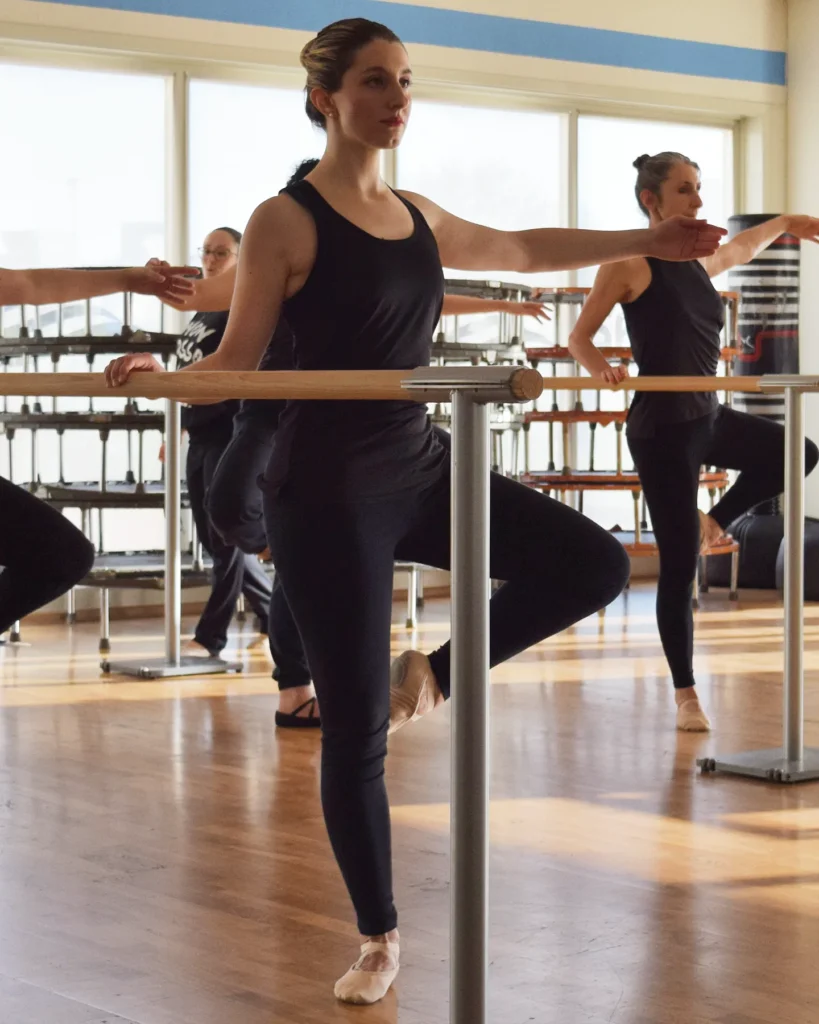
What are your hobbies outside of lab research work?
The pandemic was a daunting time in Italy. But it helped me realize how much I need hobbies outside of work. I started learning the Chinese language during the pandemic and also enrolled in a Classical Ballet program last year. Both activities are in the different spaces of my current work and have been super fun for me. It’s important to go out of your comfort zone and try something you are not good at. I also like embroidery and take time to practice my skills. I like to travel to new destinations; this summer I flew to Kenya for a holiday and took a Safari in the national parks. One of the best experiences I have ever had!
Do you have advice for current undergraduate and graduate students interested in careers in Photonics?
This is an interesting question. I will say don’t be scared of failure and what you don’t know. But on the contrary, search for what you don’t know, expand your interest and work hard. Get in touch with expert people. Networking is as important as your technical work. Also, I particularly say to my students that don’t be scared of Physics and Science. Everyone can study and understand Physics and Science, it’s just a matter of trying.
What makes for great team members/what do you look for in young prospects you might mentor/hire?
It’s interesting to work with a team. You learn how to get along with people and have to manage individual ambitions. You want to feel confident and express your views and at the same time need to give enough space to let others express their views. I have been extremely lucky in meeting such a great group leader as Prof. Merlo. I try every day to learn as much as possible from her and from the other Senior Professors I have met during my career and I hope one day I’ll be able and ready soon to create and lead my own group.
